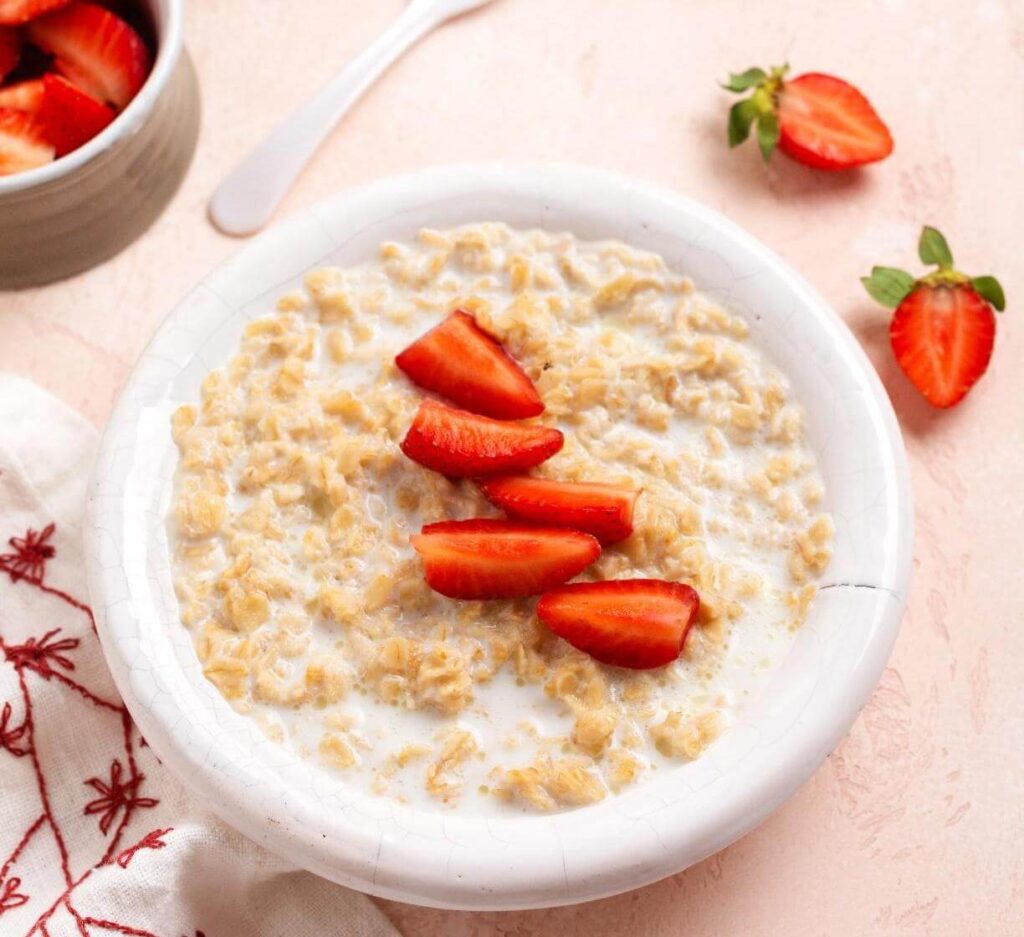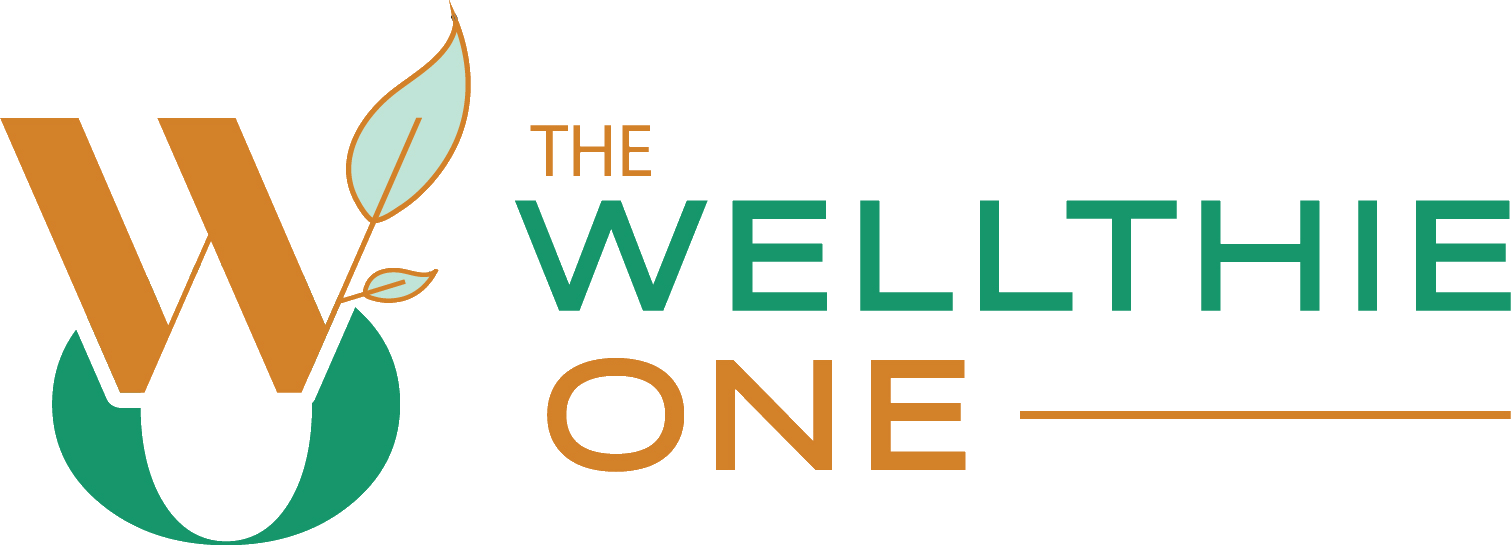Nobody hopes to have a tooth extraction, but when one is needed it can be intimidating. A tooth extraction is not a pleasant experience, and the amount of pain can vary from person to person.
There are several things a patient can do to make the process less stressful.
A big part of preparing for a tooth extraction is relaxing – listen to soothing music, practice deep breathing, or indulge in some funny videos while on their way to the dentist’s chair.
The dentist’s office should also be filled with humorous magazines or humorous books that can help take away any pre-dental nervousness.
Additionally, many dentists will offer amenities like noise-canceling headphones and aromatherapy which can help take away any dental worry. With the right approach and these simple tricks, getting a tooth extraction may not be quite as daunting as once thought!
We put together a simple guide to tooth extractions and answered some of the most commonly asked questions about the procedure, so keep reading to learn more!
How painful is a tooth extraction on a scale from 1-10?
On a scale from 1 to 10, with 1 being little or no pain and 10 being unbearable agony, most people would rate the tooth extraction process at about 7.
It does not typically hurt during the actual procedure itself; however, the anesthesia wears off very quickly after surgery and there may be residual pain when normal sensation returns.
This can last several days, so it is important to have over-the-counter pain medication or more natural, homeopathic remedies to manage any discomfort while recovering.
If you are looking for a more natural approach to pain relief, we highly recommend a homeopathic choice with cell salts.
This one works well:
Toothache & Nerve Pain in Jaw Bio23, for Relief of Painful Cavities
How painful is a tooth extraction? Nothing that this homeopathic solution can’t handle! Why we love it:
- Non-pharmaceutical
- Is not hard on the liver
- No side effects
- Provides pain relief from dental work and nerves
- All-natural cell salts
- 300 pellets
- Highly rated on Amazon
During recovery time it is typical to experience some swelling and sensitivity in the mouth area as well as bleeding where the tooth was extracted.
To reduce any discomfort while healing, it’s important to stick to softer foods like mashed potatoes or oatmeal. Foods that don’t require much chewing are ideal. Overall, yes, a tooth extraction can be painful, however, with proper after care and medication you should expect minimal discomfort associated with the procedure.
A General Guide To Tooth Extraction
Whether you’re getting your wisdom teeth removed or having a tooth extracted due to decay or damage, the process is generally the same. Here’s a guide to what you can expect before, during, and after your tooth extraction.
Before Your Tooth Extraction
Before having a tooth extracted, your dentist will numb the area around the tooth with a local anesthetic. They may also use a sedative to help you relax. If you’re having multiple teeth extracted or if your dentist is concerned about complications, they may use a general anesthetic.

During Your Tooth Extraction
Once you’re numb, your dentist will make an incision in your gum line and then remove the bone that’s covering the tooth. Next, they will loosen the tooth and pull it out. In some cases, the tooth may need to be cut into pieces before it can be removed.
After Your Tooth Extraction
After your tooth has been removed, your dentist will place gauze over the extraction site and have you bite down to help stop the bleeding. They may also place a few stitches if necessary.
It’s normal for there to be some bruising and swelling after an extraction, so ice packs can help with that. You’ll also want to avoid smoking and drinking from straws for at least 24 hours after the procedure. performed properly, most tooth extractions are relatively quick procedures with minimal complications.
When to stop using gauze after tooth extraction?
After a tooth extraction, you should be aware of several important aftercare guidelines. One of these is when to stop using gauze over the wound site.
- Gauze is useful immediately after the extraction in order to help limit the bleeding and provide some protection.
- The general rule is to replace the gauze every forty-five minutes, leaving it in place for no more than two hours.
- Once it has been in place for two hours or less, gently remove the gauze and discard it into a trash bag.
You will likely see some swelling with an extraction and pressure does help reduce this, so keep something cold and firm like an ice pack pressed against your face for twenty minutes at a time during the first half of your day following the procedure.
The best icepack style to use is hands free, secured with Velcro and allows your hands to be free like this one:
Lot Fancy Face Ice Pack Wrap for Tooth Extraction
Why we recommend this cold wrap for tooth extraction pain:
- Highly effective relief from pain caused by dental work, extractions
- Comes with 4 hot and cold therapy gel packs
- Safe for skin, not too cold or hot
- Reusable
- Convenient, design allows hands to be free
- One size fits most
- Highly rated on Amazon
If your mouth and jaw are still swollen after 24 hours have passed since your extraction, contact your dentist as soon as possible since this could indicate infection, or that a piece of bone from the extracted tooth remains in the empty socket.
Following any other instructions provided by your dentist regarding aftercare is also important to prevent complications such as dry socket and infection. With careful attention to post-operative care, you can ensure that healing proceeds smoothly after your tooth extraction. With proper dental hygiene practices including regular professional cleanings and checkups, you can maintain good oral health throughout your lifetime!
Why no dairy after tooth extraction?
There are many foods that people enjoy eating, but for those who have just had a tooth extracted, there is one food group that needs to be avoided. Yes, it’s dairy!
As soon as you’re done with the dental procedure, your dentist will probably provide you with a list of instructions to follow in order to facilitate healing. One of the essential points that they may include is: no more dairy. Of course, this can be a bit of an inconvenience considering how tasty milk, cheese and yoghurt products are.
The reasoning behind it becomes clear when one realizes that dairy products contain bacteria which could potentially get stuck in the healing wound, leading to pain and even infection. So, while missing out on delicious dairy treats might be frustrating, it’s best to avoid them during recovery!
When can I eat solid food after tooth extraction?
If you have just undergone a tooth extraction, it can be tempting to start eating solid food straight away. However, it’s important to wait until your dentist gives the go-ahead before starting solid foods again.
Generally speaking, the recommended time frame is 24 hours after the procedure. During this time, you should use an ice pack and consume only liquids such as broth, smoothies, and pudding.
After the first 24 hours, you can gradually introduce soft foods like mashed potatoes or cooked vegetables that require minimal chewing. As you heal from the extraction and your mouth adjusts to its new surroundings, begin introducing firmer foods such as salads or sandwiches.
It’s advisable to avoid crunchy items such as popcorn and chips for at least another week or two after your surgery. Your taste buds may also be affected by anesthesia for a few days following the procedure, but that should subside shortly.
Developing good eating habits after tooth extraction will help ensure that everything heals properly and on schedule.
What can I eat after tooth extraction?
Following a tooth extraction, it’s important to take care of yourself and give your mouth plenty of time to heal. The foods you eat can affect the amount of time it takes to recover. While it’s necessary to avoid chewing and eating solid foods, there are still plenty of nutritious options that you can enjoy.
- Soft cooked grains like oatmeal can nourish you while being easy on your jaw

- Eggs
- cooked vegetables such as mashed carrots, squash, and sweet potatoes.
- Smoothie bowls made with frozen fruits can also be a satisfying option.
- Consuming more liquids like soups, smoothies, shakes and yogurt-based drinks than usual is essential for proper hydration during recovery. As tempting as cold items like ice cream might seem when your mouth is sore, opt for items at room temperature which won’t reduce healing time or increase inflammation.
Regardless of what you choose to have after tooth extraction, remember to listen closely to your dentist’s instructions regarding food intake for the optimal speed of recovery. Your health should always come first!
How much does a tooth extraction cost?
The cost of a tooth extraction can vary greatly depending on the complexity of the procedure. Generally, an extraction falls into one of two categories:
1. Simple extraction
This is removing a visible tooth with basic tools. A simple extraction can cost anywhere from $150 to $350, subject to local prices and any complications that may arise during the procedure.

2. Surgical Extraction
This involves cutting to remove more complex teeth. A surgical extraction will typically cost more than a simple extraction, in the range of $300 to $650.
Additionally, your dentist may recommend antibiotics or other medications before and after your procedure, which would add to the overall cost. The exact price of your particular tooth extraction can only be determined by speaking directly with your dentist.
Knowing all costs ahead of time will help you prepare for what could be a significant financial expense. By understanding how much a tooth extraction will cost and planning for it accordingly, you can make sure you get high quality care without worrying about unexpected bills.
Concluding Thoughts
By following a few tips, ranging from relaxation remedies to humorous jokes with the dentist or amusing magazines in the waiting room, patients can make this procedure go smoother and feel more relaxed.
Tooth extractions are generally quick procedures when performed by a qualified dental professional. The pain may be a bit intense at the beginning, but the mouth heals quickly.
To help ensure a smooth extraction process, be sure to follow any pre-procedure instructions from your dentist and take care of yourself afterwards by avoiding smoking and drinking from straws for at least 24 hours post-op. If you experience any unusual pain or excessive bleeding, be sure to contact your dentist right away
Read More About Tooth Extractions Here:
Preparing for Multiple Tooth Extractions: Recovery Time and Aftercare
More from thewellthieone.com
The links used on thewellthieone.com are affiliate links, which may provide a small commission. This does not increase the price of the goods for the consumer whatsoever. What it does is ensure that useful content like this can continue to be produced. Thank-you for enjoying our content and allowing us to continue to provide more.



